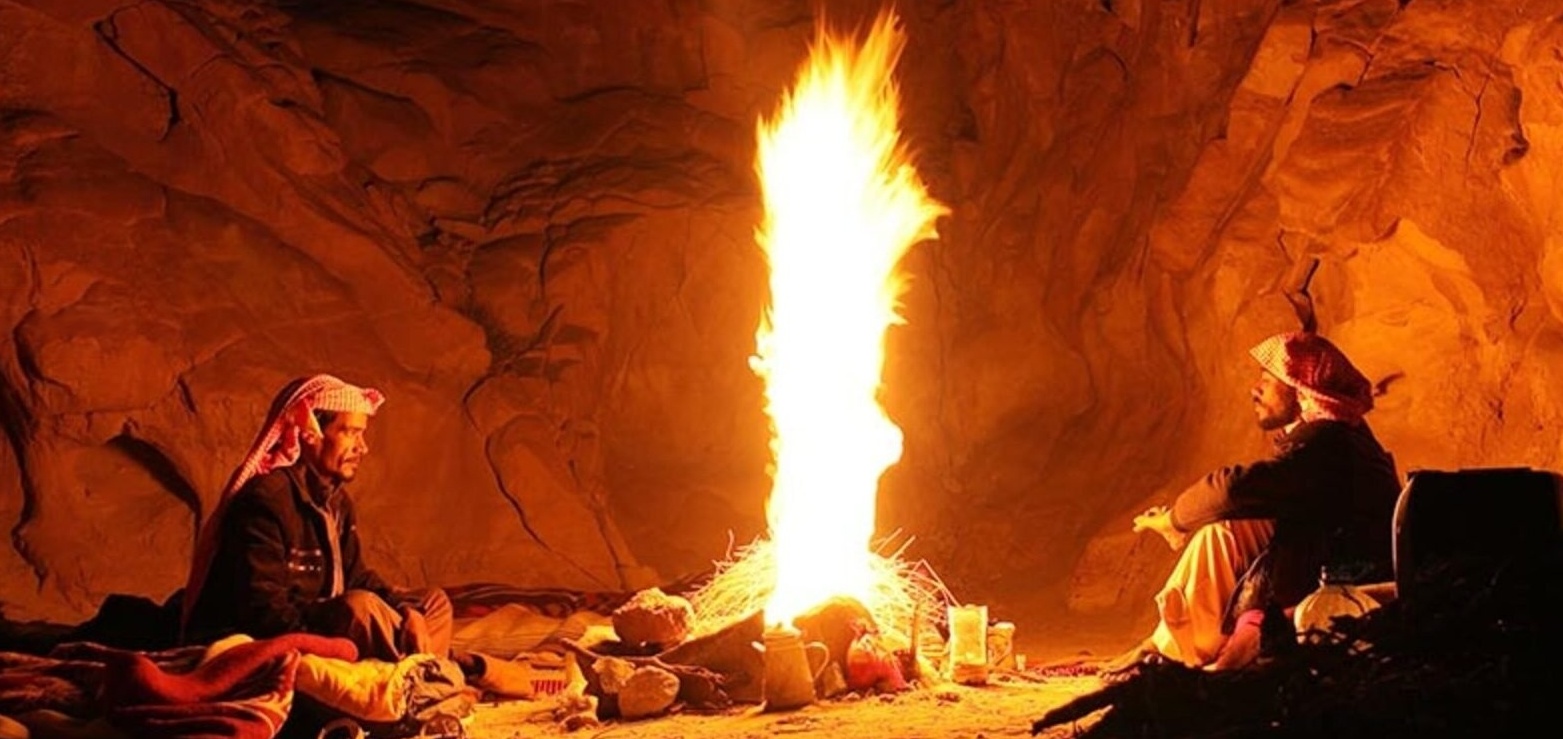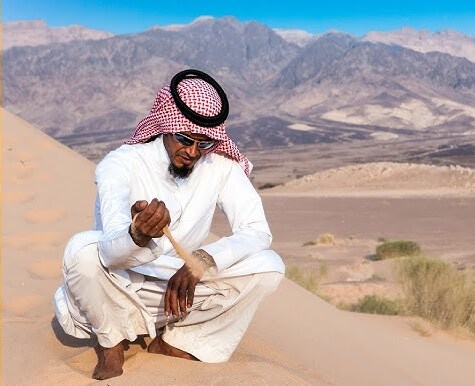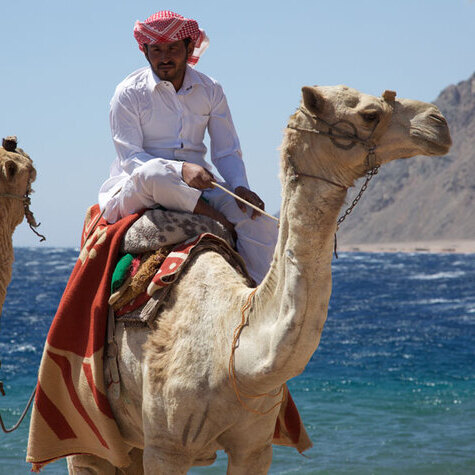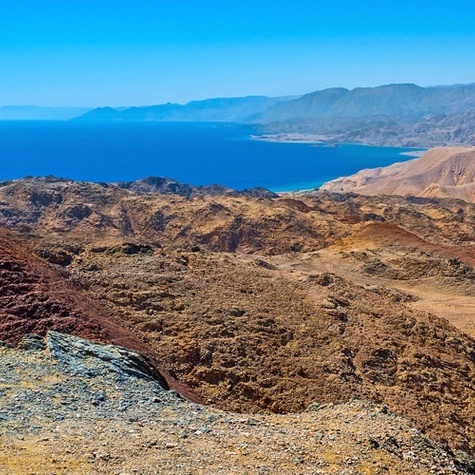

The Bedouin Traditions
In the harsh deserts of the Sinai, hospitality is more than kindness, it is a means of survival. Faced with extreme temperatures and vast, unforgiving landscapes, travelers may depend on the generosity of others for food, water and shelter. Among Bedouin, offering hospitality is a sacred duty rooted in a deep code of honor and tribal customs. Guests are welcomed with open arms, offered the best available food, and granted protection, regardless of their background. This generosity is not transactional; in Bedouin culture, true hospitality means expecting nothing in return. According to the Bedouin "three-day rule," a well-known custom, a host must care for a traveler for three days before asking about their purpose. Today, these values still influence Bedouin hospitality, with warmth and generosity remaining central to social interactions, whether in a desert tent or a modern city home.
Bedouin Ships
Did you know that camels are known as “ships of the desert”? Camels have this nickname because they glide across the desert in Sinai. They carry people and cargo, just like ships at sea. The desert is very hot and dry, with little food or water. For the Bedouins, camels are a way of life. They form an integral part of their existence in the harsh conditions of the desert. As a result, most of their folk stories and songs prominently feature camels and when they offer a bride-price to the girl they want to marry, they express it by the number of camels they’re willing to give- the more camels, the more valuable the woman is!


Sinai to the Coast of Dahab
Sinai is about contrasts. A desert interior full of history, where Moses received the Ten Commandments en route to the Promised Land, the Pharaohs found gold and searched for their gods, and where the Bedouin's camp beside ruins of Crusader Forts. Christianity, Judaism and Islam know Sinai as a holy land and over the years prophets, saints, pilgrims and warriors have crossed this vast nothingness. Mount Sinai and St Catherine Monastery at its foot are frequently visited.The desert comes to an abrupt end at the Red Sea, where exquisite coral reefs provide a fine underwater playground for divers and snorkellers from around the world. The coral reefs along the Sinai coastline are among the best in the world and diving tourism is the most recent catchphrase on the peninsula. The Red Sea has one of the highest amounts of marine life variety in all the tropical seas. Visitors come to experience the simplicity of sun, sea and sand, surrounded by rugged mountains, history and modern Bedouin culture